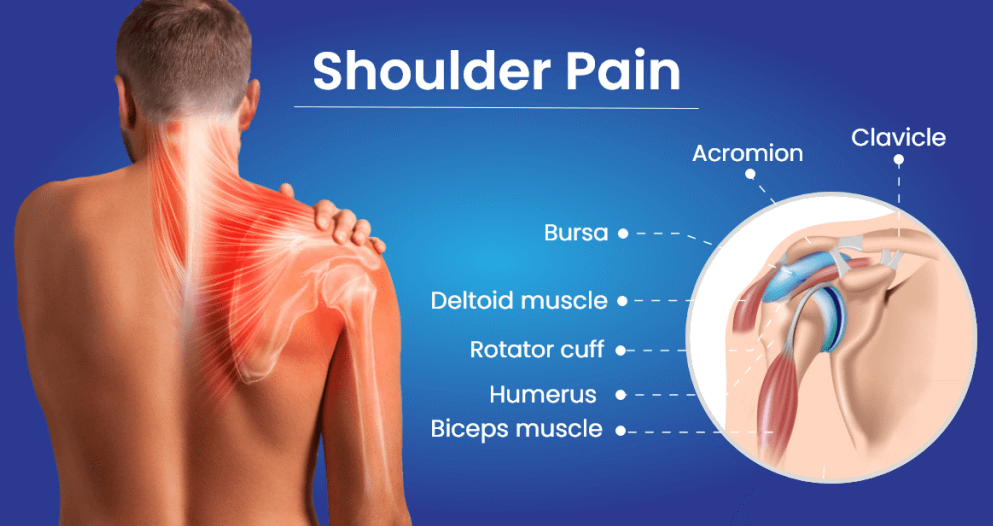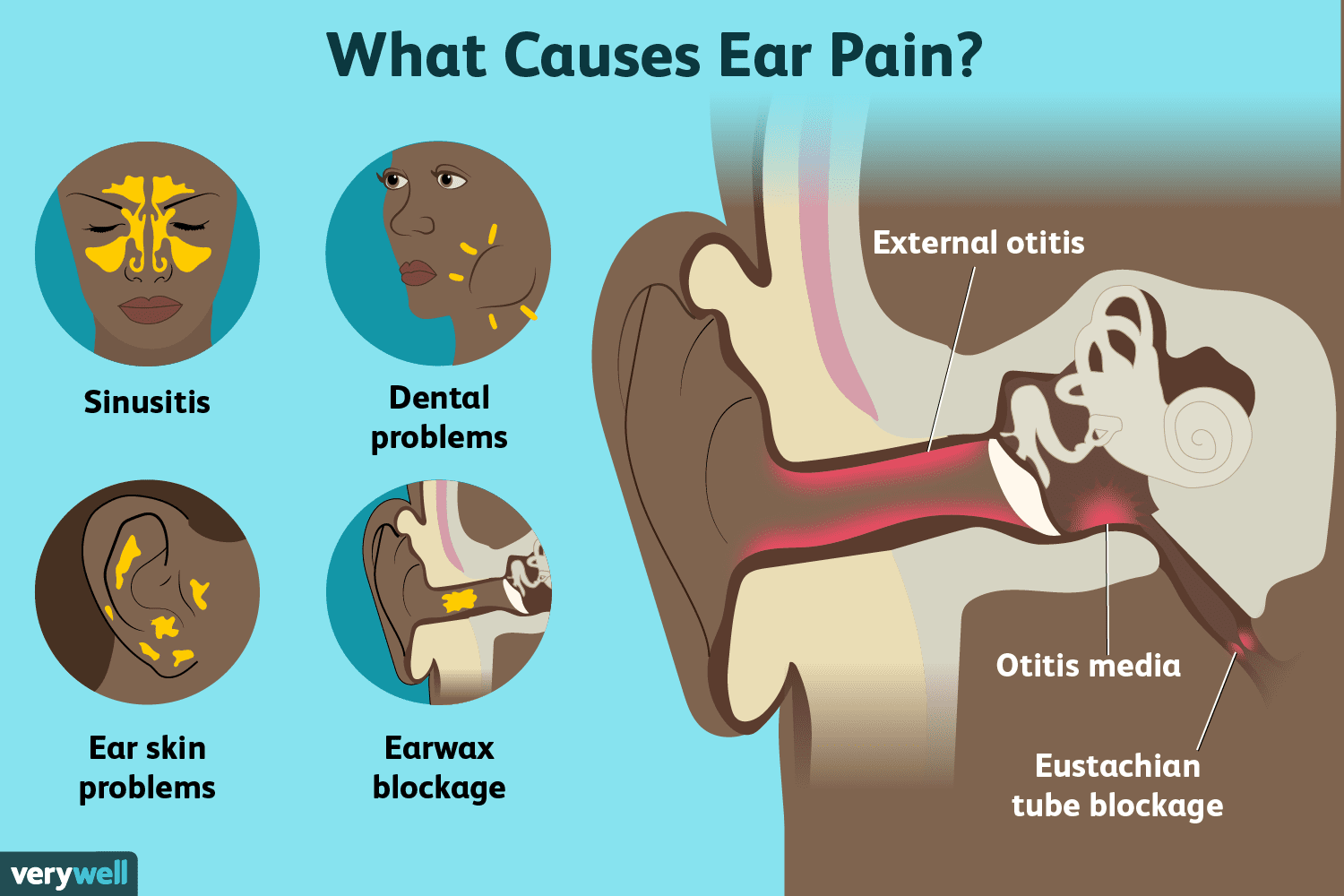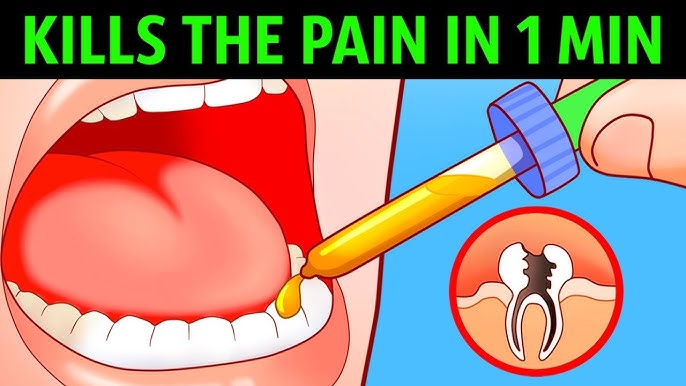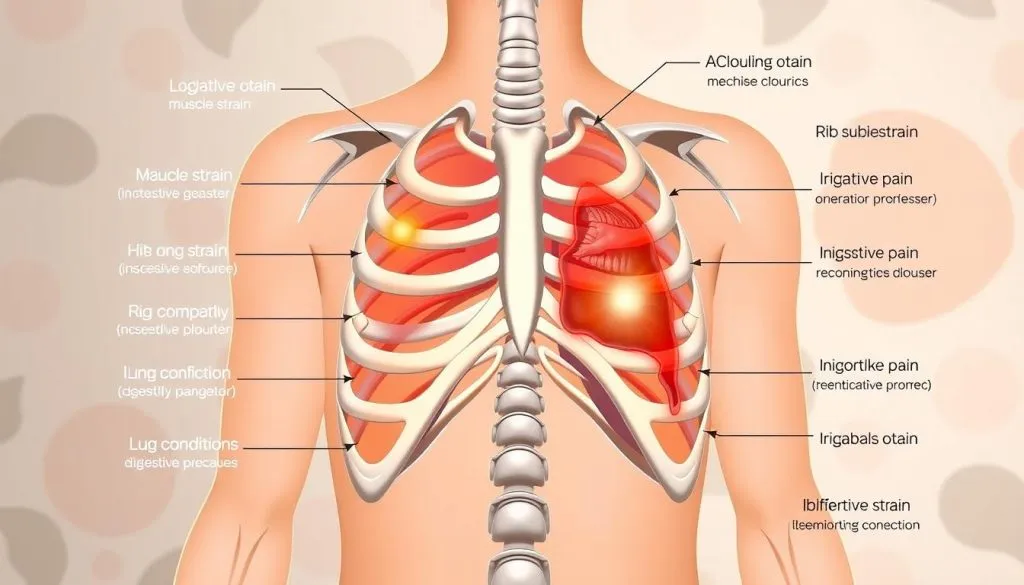All Natural Tooth Pain Relief Home Remedies
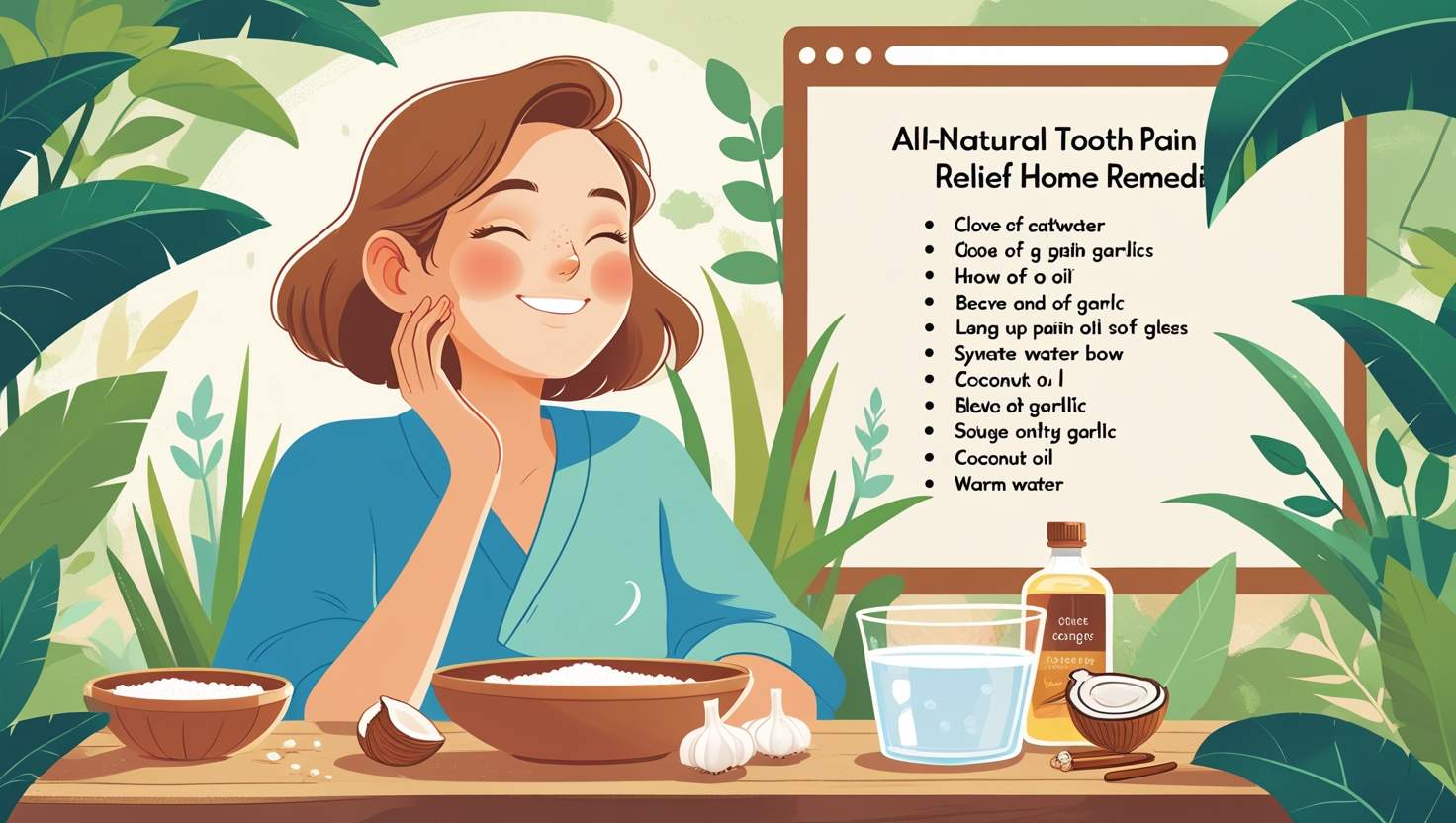
When a toothache strikes at 2 AM and you're miles away from the nearest dentist, you need relief—and you need it NOW! These time-tested, all natural tooth pain relief home remedies have been helping folks manage dental discomfort for centuries, using ingredients you probably already have in your kitchen cabinet.
Let's face it—tooth pain is absolutely brutal. One minute you're enjoying your favorite ice cream, the next you're doubled over in agony, wondering if your face might actually explode from the throbbing sensation. Yep, we've all been there! But here's the thing: you don't always need to rush to the pharmacy or wait for an emergency dental appointment to find relief.
Mother Nature has provided us with some incredibly effective solutions for managing dental discomfort. These all natural tooth pain relief home remedies aren't just old wives' tales—many have solid scientific backing and have been used successfully for generations. Plus, they're gentle, affordable, and readily available when you need them most.
Understanding Tooth Pain: Why Does It Happen?
Before diving into remedies, let's quickly understand what's causing that excruciating pain. Tooth pain typically occurs when the inner layer of your tooth (called the pulp) becomes inflamed or infected. This can happen due to:
- Deep decay reaching the tooth's nerve
- Cracked or chipped teeth
- Loose or damaged fillings
- Gum disease or abscesses
- Teeth grinding (bruxism)
- Sinus infections affecting upper teeth
The pain can range from a dull ache to sharp, shooting sensations that'll make you question your life choices. But don't worry—these natural remedies can help manage the discomfort while you arrange proper dental care.
Top All Natural Tooth Pain Relief Home Remedies
Clove Oil: Nature's Dental Anesthetic
Holy moly, clove oil is like a miracle worker for tooth pain! This potent essential oil contains eugenol, a natural compound that acts as both an anesthetic and antibacterial agent. Dentists have been using eugenol in dental procedures for decades—so you know it's the real deal.
To use clove oil effectively, dab a small amount onto a cotton ball and gently apply it to the affected tooth. Be careful though—this stuff is strong! You might experience a slight burning sensation initially, but that'll quickly give way to blessed numbness. According to a study published in the Journal of Dentistry, eugenol demonstrates significant analgesic and anti-inflammatory properties, making it one of the most effective natural pain relievers available.
Salt Water Rinse: The Classic Remedy
Sometimes the simplest solutions are the best ones, right? A warm salt water rinse is probably the most accessible tooth pain remedy you'll ever find. Mix half a teaspoon of salt in a cup of warm water, swish it around your mouth for 30 seconds, then spit it out.
This age-old remedy works by reducing inflammation and fighting bacteria. The saltwater creates an alkaline environment that's hostile to harmful bacteria while promoting healing of irritated tissues. It's gentle enough to use multiple times daily and won't interfere with any medications you might be taking.
Cold Compress: Ice, Ice Baby!
When your face feels like it's on fire from tooth pain, a cold compress can be your best friend. Wrap some ice cubes in a thin towel and apply it to the outside of your cheek for 15-20 minutes at a time. The cold temperature helps numb the pain and reduces swelling by constricting blood vessels.
Pro tip: Never apply ice directly to your skin—that's a recipe for frostbite! Also, if your tooth pain is caused by sensitivity issues, cold might actually make things worse. In that case, skip this remedy and try something warming instead.
Garlic: More Than Just Vampire Repellent
Okay, I know what you're thinking—garlic for tooth pain? Hear me out! This pungent bulb contains allicin, a powerful compound with antimicrobial and pain-relieving properties. Crush a fresh garlic clove to release the allicin, mix it with a pinch of salt, and apply the paste directly to the affected tooth.
Fair warning: your breath will smell like you've been wrestling with vampires, but the relief might be worth it. Research published in the Journal of Ayurveda and Integrative Medicine highlights garlic's significant antibacterial activity against oral pathogens.
Gentle Herbal Remedies for Natural Tooth Pain Relief
Peppermint Tea Bags: Minty Fresh Relief
Used peppermint tea bags aren't just compost material—they're actually fantastic for soothing tooth pain! After brewing your tea, let the bag cool slightly (but keep it warm), then apply it directly to the painful area. The menthol in peppermint provides a cooling, numbing sensation that can temporarily mask pain.
Peppermint also has mild antibacterial properties and can help freshen your breath—bonus points! Keep the tea bag in place for 10-15 minutes, and repeat as needed throughout the day.
Turmeric Paste: Golden Healing Power
Turmeric isn't just for making your curry delicious—this golden spice is a powerhouse anti-inflammatory agent. Curcumin, the active compound in turmeric, has been extensively studied for its pain-relieving properties. Mix turmeric powder with a small amount of water to create a thick paste, then apply it to the affected tooth and surrounding gum area.
The paste might stain your teeth temporarily yellow, but don't panic—it'll wash away with regular brushing. Studies have shown that curcumin can be as effective as some over-the-counter pain medications for managing inflammatory pain.
Vanilla Extract: Sweet Relief
Here's a surprising one—vanilla extract can actually help with tooth pain! Real vanilla extract contains alcohol, which can numb the pain, plus it has antioxidant properties that may help with healing. Dab a small amount onto a cotton ball and apply it to the affected area.
Make sure you're using real vanilla extract, not the artificial stuff. The real deal contains vanillin and other compounds that contribute to its pain-relieving effects. Plus, it tastes way better than most of the other remedies on this list!
Kitchen Cabinet Remedies That Actually Work
Onion: Tears of Joy (Eventually)
Onions might make you cry, but they could also make your tooth pain disappear! Raw onions contain antimicrobial compounds that can help fight the bacteria causing your dental distress. Cut a small piece of fresh onion and place it directly on the affected tooth, or chew on it gently if you can manage it.
Yes, it's going to be intense—onions don't mess around. But many people swear by this remedy, especially for pain caused by bacterial infections. The sulfur compounds in onions have potent antibacterial properties that can help address the root cause of your discomfort.
Apple Cider Vinegar: The Wonder Solution
Apple cider vinegar (ACV) has gained quite the reputation as a cure-all, and tooth pain relief is definitely in its wheelhouse. The acetic acid in ACV has antibacterial and anti-inflammatory properties that can help reduce pain and fight infection.
Dilute a tablespoon of apple cider vinegar in a glass of water and use it as a mouth rinse, or soak a cotton ball in the diluted solution and apply it directly to the tooth. Don't use undiluted ACV—it's acidic enough to damage your tooth enamel if used at full strength.
Advanced Natural Pain Relief Techniques
Oil Pulling: Ancient Ayurvedic Wisdom
Oil pulling sounds fancy, but it's actually super simple. Swish a tablespoon of coconut oil (or sesame oil) in your mouth for 10-20 minutes, then spit it out. This ancient Ayurvedic practice is believed to “pull” toxins and bacteria from your mouth, potentially reducing pain and inflammation.
Coconut oil contains lauric acid, which has antimicrobial properties. While the evidence for oil pulling is mostly anecdotal, many people report significant improvements in their oral health after incorporating this practice into their routine.
Acupressure Points for Tooth Pain
Sometimes relief comes from unexpected places—like pressing specific points on your body! There's an acupressure point between your thumb and index finger (called LI4 or Hegu) that's traditionally used for facial pain relief. Apply firm pressure to this point for 2-3 minutes while breathing deeply.
Another helpful point is located on your earlobe, directly in line with your painful tooth. Gently massage this area in small circles for several minutes. While acupressure isn't a cure-all, many people find it provides surprising relief from dental discomfort.
Safety Considerations and When to Seek Professional Help
Look, these all natural tooth pain relief home remedies are fantastic for temporary relief, but they're not permanent solutions. If your tooth pain persists for more than a day or two, gets progressively worse, or is accompanied by fever, facial swelling, or difficulty swallowing, you need to see a dentist ASAP.
Some important safety notes to keep in mind:
- Essential oils are potent – Always dilute them and use sparingly
- Allergic reactions happen – Test any new remedy on a small area first
- Pregnancy and medications – Check with your healthcare provider before trying new remedies
- Children require special care – Many essential oils aren't safe for kids under certain ages
Remember, these remedies are meant to provide temporary relief while you arrange proper dental care. Ignoring serious dental problems can lead to more severe complications, including abscesses that could potentially be life-threatening.
Creating Your Natural Tooth Pain Relief Kit
Being prepared is half the battle when it comes to managing unexpected tooth pain. Here's what you should keep on hand:
Essential Items:
- Clove oil (small bottle goes a long way)
- Sea salt or regular table salt
- Fresh garlic cloves
- Peppermint tea bags
- Real vanilla extract
- Apple cider vinegar
Optional Additions:
- Turmeric powder
- Coconut oil
- Cotton balls and swabs
- Small mixing bowl for pastes
Store these items in a dedicated container so you can grab them quickly when pain strikes. Trust me, when you're dealing with a throbbing toothache at midnight, you don't want to be rummaging through cabinets looking for relief!
Frequently Asked Questions
Q: How quickly do these natural remedies work for tooth pain? A: Most people experience some relief within 15-30 minutes of application. Clove oil typically works fastest, while remedies like oil pulling may take longer to show effects.
Q: Can I use multiple remedies at the same time? A: Generally yes, but be cautious with combining strong essential oils. Start with one remedy and add others gradually to avoid overwhelming your mouth tissues.
Q: Are these remedies safe for children? A: Some are, but many essential oils and strong compounds should be avoided in young children. Salt water rinses and cold compresses are typically safe for kids over age 6.
Q: How often can I use these all natural tooth pain relief home remedies? A: Most can be used every 2-4 hours as needed. However, don't exceed recommended frequencies, especially for potent remedies like clove oil.
Q: Will these remedies cure my tooth problem permanently? A: No, these are temporary pain management solutions. You'll still need professional dental treatment to address the underlying cause.
Final Thoughts: Embracing Natural Healing
While modern dentistry has given us incredible tools for treating dental problems, there's something comforting about knowing that nature provides effective solutions for managing pain. These all natural tooth pain relief home remedies have stood the test of time because they work—plain and simple.
The beauty of natural remedies lies not just in their effectiveness, but in their accessibility. When pain strikes at inconvenient times (and let's be honest, it always does), these solutions are often right at your fingertips. They're gentle on your body, easy on your wallet, and free from the side effects that sometimes come with pharmaceutical pain relievers.
However, remember that pain is your body's way of telling you something's wrong. While these remedies can provide blessed relief, they're not substitutes for proper dental care. Use them as bridges to professional treatment, not permanent solutions.
Take care of your teeth, listen to your body, and don't hesitate to seek professional help when you need it. Your smile—and your overall health—will thank you for it!




